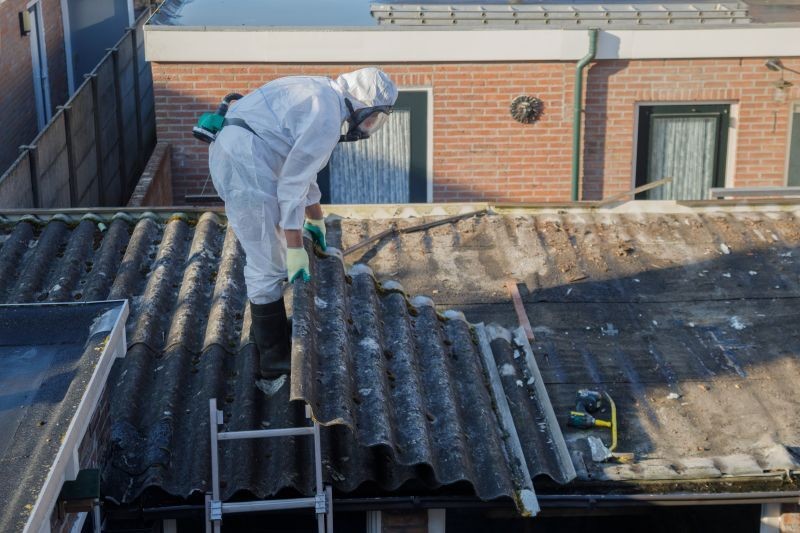
Introduction
The health department inspections play a crucial role in ensuring the safety and compliance of commercial properties. These inspections aim to assess the condition of the facilities, including aspects such as sanitation, pest control, and food handling practices. However, these inspections can also uncover water damage issues that may have significant implications for both the property owner and the customers.
The Risks of Water Damage during Health Department Inspections

1. Structural Damage
Water damage, if left unattended, can lead to significant structural damage to the property. This can include weakened foundations, rotting wood, and compromised building materials. During health department inspections, any visible signs of structural damage can raise concerns regarding the overall integrity of the facility.
2. Mold and Mildew Growth
When water damage occurs, the presence of excess moisture can create an ideal environment for mold and mildew growth. These microorganisms can cause serious health risks, especially for individuals with respiratory conditions or weakened immune systems. Their presence during health department inspections can result in immediate closure or further investigations.
3. Health and Sanitation Concerns

Water damage can create unsanitary conditions within the property, posing health risks for both employees and customers. Standing water can become a breeding ground for bacteria, viruses, and parasites. Health department inspectors prioritize the safety and well-being of individuals, and any signs of compromised hygiene can lead to severe consequences.
4. Failed Inspections and Penalties
Properties that fail health department inspections as a result of water damage can face significant penalties and may even be required to temporarily cease operations until the issues are addressed. Moreover, failed inspections can negatively impact the reputation of the property, leading to a loss of customers and potential business opportunities.
Preventing Water Damage during Health Department Inspections
1. Regular Maintenance and Inspections
Performing regular maintenance checks and inspections can help identify potential water damage issues before they escalate. This includes inspecting plumbing systems, roof surfaces, and drainage systems. Promptly addressing any signs of water damage can prevent further complications during health department inspections.
2. Proper Water Extraction and Drying Procedures
In the event of water damage, it is essential to promptly extract the water and thoroughly dry the affected areas. Hiring professional water damage restoration experts, such as JGW Group Water Damage Restoration Deerfield Beach, can ensure that the process is carried out efficiently and effectively.
3. Mold Remediation
If mold growth is detected, it is crucial to address the issue promptly and thoroughly. Mold remediation should be performed by experienced professionals to ensure complete removal and prevent further spread. JGW Group Water Damage Restoration Deerfield Beach specializes in mold remediation services.
4. Regular Staff Training
Property owners should prioritize staff training on proper maintenance and sanitation practices to prevent water damage risks. Educating employees on identifying and reporting water damage signs can enable early intervention and minimize potential issues during health department inspections.
Conclusion
Water damage during health department inspections can have detrimental effects on commercial properties. By understanding the risks and implementing preventative measures, property owners can protect their investments, safeguard the health and well-being of their staff and customers, and ensure successful health department inspections. JGW Group Water Damage Restoration Deerfield Beach, with their expertise in water damage restoration, mold remediation, and other related services, can assist property owners in resolving water damage issues and maintaining compliance with health standards.
What are the risks of water damage during health department inspections?
How can I prevent water damage during health department inspections?
Important Facts About Water Damage Restoration
According to water damage statistics:
- The cleaning and remediation of assemblies such as floor and ceiling systems, built-in cabinets and bookcases, and heating, ventilation, and air-conditioning systems often require the attention of a water damage restoration professional.
- In the United States, homes leak over one trillion gallons of water every year.
- Fixing minor leaks and drips can result in an average of 10% savings on water bills.
- The typical price range to restore water damage is between $1,240 and $5,342.
- Mold and mildew growth can start within 24 hours if flood restoration is delayed.
These facts highlight the importance of prompt water damage restoration and the potential cost savings and health benefits associated with addressing water damage issues.
For more information about water damage restoration, mold remediation, and related services, visit:



